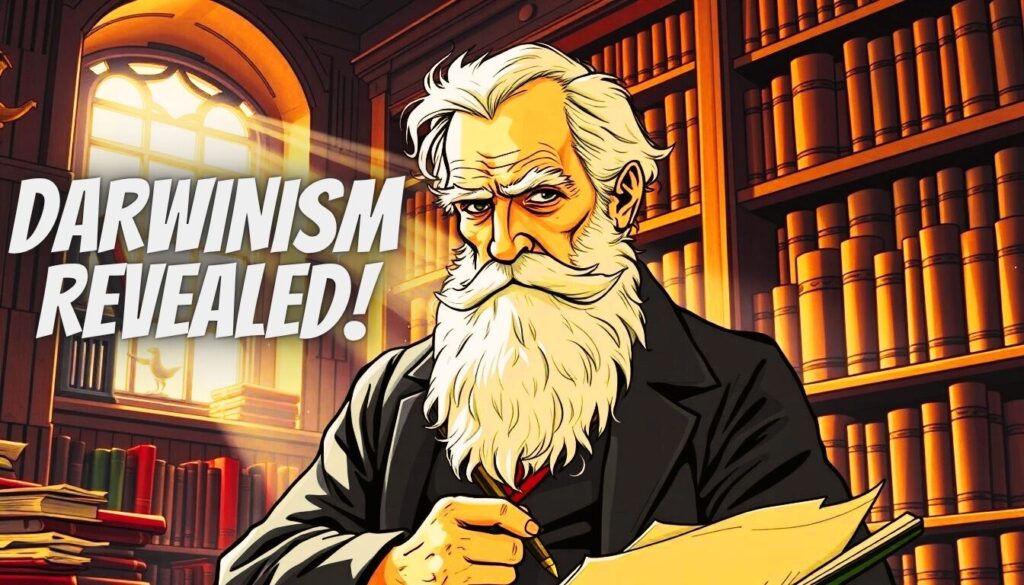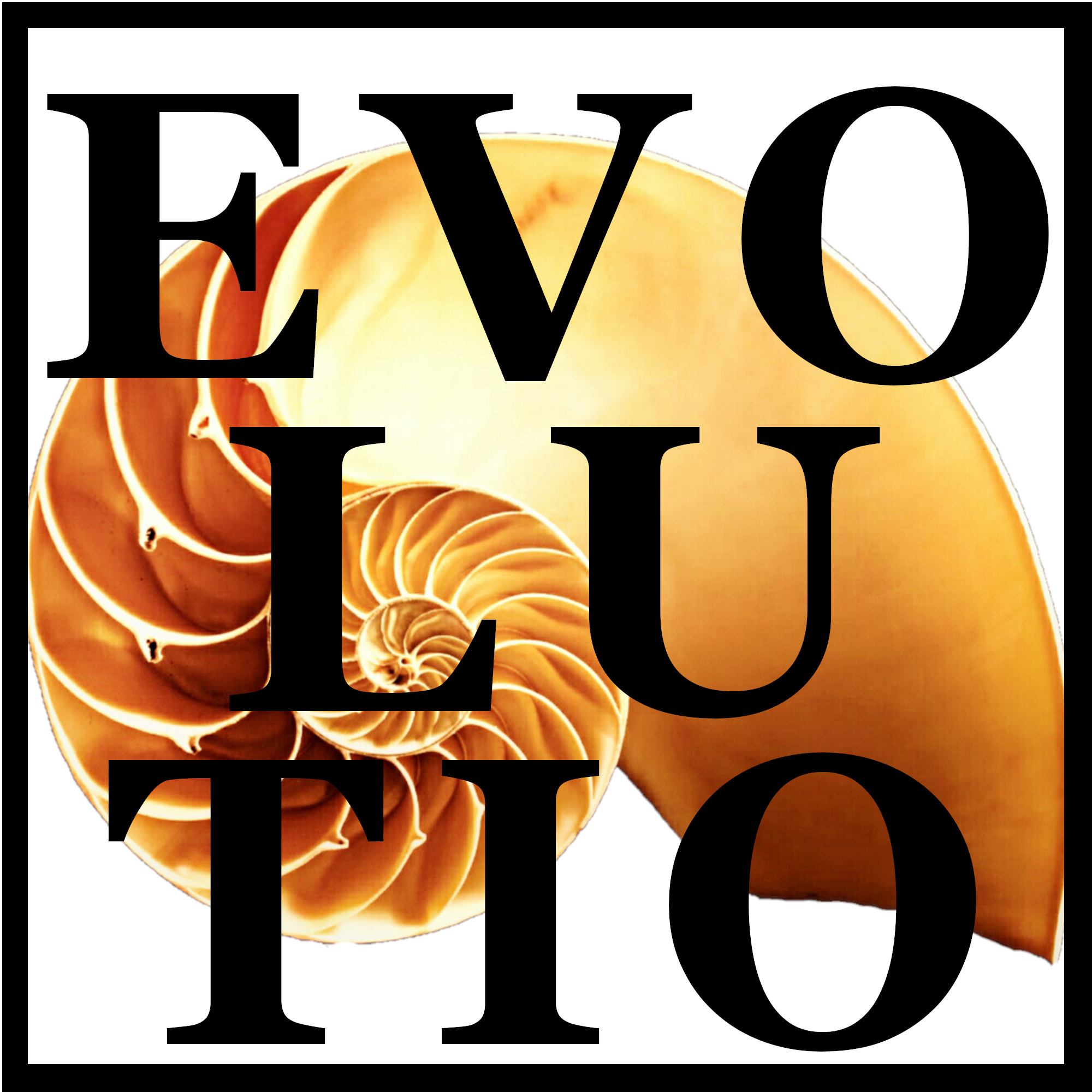
The Ideological Matrix of Science: Revealing the Hidden Logic Behind Darwin’s Theory of Evolution
An in-depth analysis of how Darwin’s theory of evolution was shaped by capitalist and liberal economic ideology, exposing the hidden logic of natural selection as an ideological construct.

Is natural selection truly a scientific mechanism, or a political metaphor in disguise? This essay exposes the ideological roots of Darwin’s most famous idea—and what it reveals about our view of life and society.
What if the central pillar of modern evolutionary theory wasn’t just scientific—but ideological? Darwin’s concept of natural selection is often treated as a purely biological mechanism, the impartial engine of evolution. But when we look closely—at the metaphors Darwin used, the economic theories he drew from, and the moral logic embedded in his descriptions—we uncover something deeper: a worldview. This essay explores how natural selection emerged not just from the study of life, but from a cultural moment shaped by Malthusian economics, political liberalism, and a belief in progress through struggle.
When Charles Darwin titled his book On the Origin of Species by Means of Natural Selection, or the Preservation of Favoured Races in the Struggle for Life, he exposed a fundamental contradiction. The origin of species was equated with their preservation. But preservation is an a posteriori act—it can only occur after something already exists. As Darwin himself admitted, “unless profitable variations do occur, natural selection can do nothing”.
So what does it really mean to claim that natural selection, a filtering process, is the creative force behind evolution?
To resolve this conceptual tension, Darwin turned to analogy. He likened natural selection to artificial selection—as if nature, like a breeder, “chose” which forms should persist. But does nature truly select? A filter is not a chooser. It does not judge, value, or decide. It merely eliminates. It “thrusts out” what doesn’t pass. Darwin himself described natural selection as “a force like a hundred thousand wedges”, filling ecological gaps by excluding the unfit. That’s not creation—it’s reduction.
And yet, Darwin consistently personified natural selection. He wrote that it would never produce anything injurious, and that it acts “solely by and for the good of each”. These aren’t neutral scientific descriptions. They’re moral judgments. Nature becomes a moral agent, projecting human values and political ideals onto biological processes.
This is where the ideological matrix of Darwin’s theory reveals itself. The central idea of “struggle for existence” came directly from Thomas Malthus, whose Essay on Population portrayed nature as a stern but just teacher—punishing the weak, rewarding the strong. For Malthus, and for contemporaries like Destutt de Tracy, social inequality was not only natural but necessary. Poverty was evidence of internal deficiency. To be poor was to lack the will or capacity to acquire wealth, and thus to lose in the struggle for life.
Darwin’s nature, like the liberal economic order from which it emerged, was structured to preserve the “fittest”—those already best suited to survive. Natural selection, in this sense, is not just a scientific concept. It’s an ideological metaphor that naturalizes social values, embedding economic competition and inequality within the fabric of life itself.
So we must ask:
When we speak of natural selection, are we describing nature—or are we describing ourselves?
👉Read our original 2019 article: “The Ideological Matrix of Science: Natural Selection and Immunity as Case Studies”.
✨ Join The Unfolding
If this message resonates with you—if you’re tired of the old mechanistic paradigms and feel the need for a deeper, more connected view of life—this is the space for you.
👉 Subscribe to explore:
- The intersection of Science, Philosophy, and Meaning.
- New Evolutionary Frameworks and BioTheory.
- BioPhilosophy and Consciousness.
🙌 Support The Unfolding
If you believe we need new ideas to make sense of Life, Evolution, and Consciousness.
If you value Independent Research free from academic straitjacket.
Consider supporting EVOLUTIO on Patreon.
Your support helps keep this work alive, accessible, and growing.
